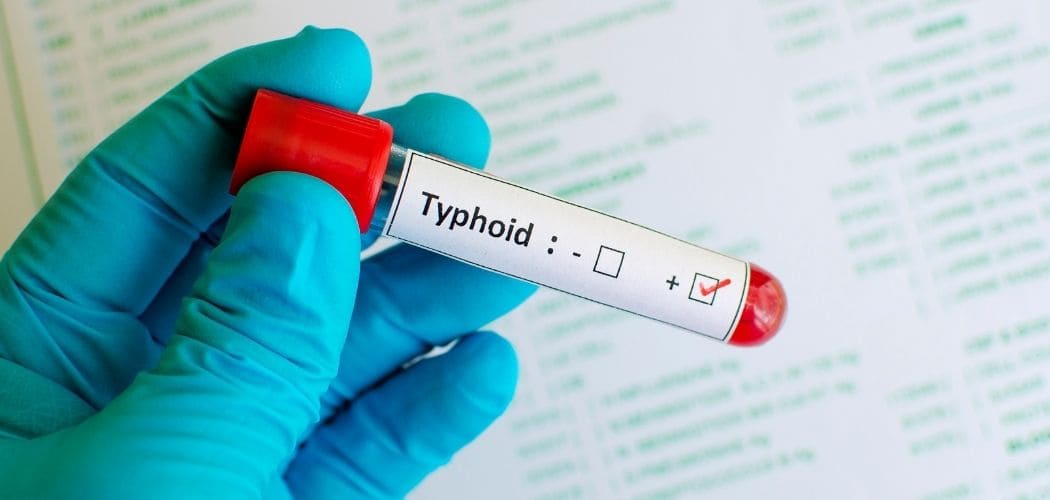What is Typhoid?
‘What is Typhoid?’ Typhoid or Typhoid Fever is an infection that is spread due to ingesting contaminated food or water. Typhoid is a bacterial infection, and it tends to affect more than one organ. Once it enters the bloodstream, it affects the gastrointestinal tract, including the liver, spleen, and muscles. In some cases, the liver and spleen also tend to swell up. The symptoms of typhoid are very generic; they include weakness, stomach pain, headache, diarrhoea or constipation, loss of appetite, coughing and vomiting. Salmonella enterica serotype Typhi bacteria cause typhoid. This bacteria can be detected via testing blood samples, stool or urine samples of the affected individual.
These tests do not detect this bacteria the first time, so it may require a series of tests to get the result. Whereas, in the case of a bone marrow culture test, the results are most accurate. However, this method is not the most suitable as it is invasive and not feasible. Hence, not practised that often.
Various parameters are examined when testing for typhoid, and two main parameters that are tested are Typhoid IgG and IgM antibodies.
What does typhoid IgG Mean?
Typhoid IgG stands for immunoglobulin G. IgG antibodies are always present to tackle the infection. It multiplies and fights any harmful foreign substance that enters the body. When there are not appropriate amounts of IgG present, one is more likely to get infections. The ideal range, which is considered normal, is 6.0 - 16.0g/L for IgG. If it does not show up in this range, then it denotes that the person has been exposed to contaminated food and water and has been infected with typhoid for weeks or months in the past. It also suggests that there are chances for you to no longer be infectious, depending on the case. Also, typhoid IgG indicates that you may have some immunity to the virus, though you may not. Also, it depends from case to case.
What does typhoid IgM mean?
Typhoid IgM stands for immunoglobulin M.Unlike typhoid IgG showing signs of a remote infection, IgM indicates rather recent infections; it detects it within 2-3 days of the infection.
The ideal range is said to be 0.4 - 2.5g/L for IgM.
Another question frequently asked by people is ‘What is the difference between typhoid IgG and IgM?’ Or ‘Which is better, IgG or IgM?’ Firstly, the differentiation between typhoid IgG and typhoid IgM can be done based on how and what each test detects. They detect the infection responsible for typhoid, but IgG detects remote infections, which may have taken place weeks to months back. Whereas IgM shows the result within 2-3 days after the person is infected. Coming to the question of which one is better, IgG or IgM? This depends
Whether you reside in an endemic area or not. Given the situation of India, typhoid is widely spread because of which it is considered an endemic region. Suppose an individual resides in an area where typhoid is not widespread. In that case, they can get an accurate result if any test is
conducted, either IgG, where the remote infection is detected or IgM, where a more recent infection is detected. But, given the case of India, an endemic region for typhoid, the detection of IgG is very high. In contrast, detection of IgM would reveal acute typhoid (early phase of infection) while detection of both IgG and IgM would also suggest acute typhoid (middle-phase of infection). This is why it is advised to get a test where both the antibodies
are tested to get accurate results.
What does typhoid IgG and IgM positive mean?
Typhoid IgG is positive at the stage of acute typhoid fever and denotes the same. Whereas typhoid IgM is positive when the infection is 2-3 days old and indicates acute typhoid as well. But, it is widely suggested to get a test where both these factors are present. This way, one can get an accurate result regarding their health and take necessary actions.



 Login/Sign Up
Login/Sign Up





